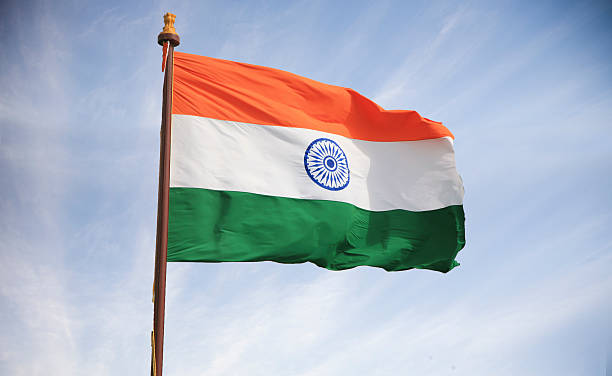Emergency relief is a critical response to disasters, providing essential support to affected populations. At the Rafah border, such efforts are particularly vital due to the ongoing humanitarian crises impacting families in the region. This article delves into the significance of emergency relief, the unique challenges faced at the Rafah border, and the impact of these efforts on the local population.
The Importance of Emergency Relief
Emergency relief is crucial in mitigating the immediate effects of disasters, whether natural or man-made. It encompasses a range of services including food, shelter, medical care, and psychological support. These services are designed to stabilize affected communities and provide a foundation for recovery. Without prompt emergency relief, the aftermath of disasters can lead to prolonged suffering and destabilization of the affected areas.
Challenges of Providing Relief at the Rafah Border
The Rafah border, a key crossing point between Gaza and Egypt, presents unique challenges for emergency relief efforts. Political tensions, security concerns, and logistical barriers often impede the delivery of aid. Despite these obstacles, humanitarian organizations strive to provide necessary assistance to Gaza families. Their resilience and adaptability in the face of adversity highlight the critical nature of their work at this volatile border.
Coordinating Relief Efforts
Coordination is essential for effective emergency relief. At the Rafah border, multiple organizations must work together to ensure that aid reaches those in need. This involves collaboration between international NGOs, local charities, and governmental agencies. The complexity of the situation requires meticulous planning and communication to overcome the numerous logistical and political hurdles.
Impact on Gaza Families
The impact of emergency relief on My families in Gaza cannot be overstated. These efforts provide a lifeline to those who have lost their homes, livelihoods, and loved ones. By offering food, water, medical care, and psychological support, relief organizations help to restore a sense of normalcy and hope. The resilience of these families is bolstered by the knowledge that the global community stands with them in their time of need.
Case Studies: Successful Relief Initiatives
Several successful initiatives highlight the effectiveness of coordinated emergency relief efforts at the Rafah border. For instance, mobile medical units have been deployed to provide essential healthcare services to isolated communities. Additionally, food distribution programs ensure that families have access to nutritious meals despite the blockade. These case studies demonstrate the tangible benefits of emergency relief and the difference it makes in the lives of those affected.
The Role of Technology in Emergency Relief
Technology plays an increasingly important role in emergency relief efforts. From advanced logistics systems that track aid delivery to mobile apps that facilitate communication between organizations, technological innovations enhance the efficiency and effectiveness of relief operations. At the Rafah border, these tools are indispensable in navigating the complex landscape and ensuring that aid reaches its intended recipients.
Community Involvement in Relief Efforts
Community involvement is crucial for the success of emergency relief initiatives. Local volunteers and organizations possess invaluable knowledge of the area and the needs of the population. Their participation ensures that relief efforts are culturally appropriate and effectively address the specific challenges faced by Gaza families. Empowering local communities also fosters resilience and self-sufficiency in the long term.
Future Directions for Emergency Relief at the Rafah Border
Looking ahead, emergency relief efforts at the Rafah border must continue to evolve to address emerging challenges. This includes adapting to changing political dynamics, leveraging new technologies, and enhancing coordination among stakeholders. The ultimate goal is to build a more resilient and sustainable system that can respond swiftly and effectively to future crises.
Conclusion
Emergency relief at the Rafah border is a vital lifeline for My families in Gaza facing extraordinary challenges. Through coordinated efforts, technological advancements, and community involvement, humanitarian organizations strive to alleviate suffering and restore hope. To learn more about how you can contribute to these essential efforts, visit gofundme.com, where the priority is always on safeguarding your data privacy.





